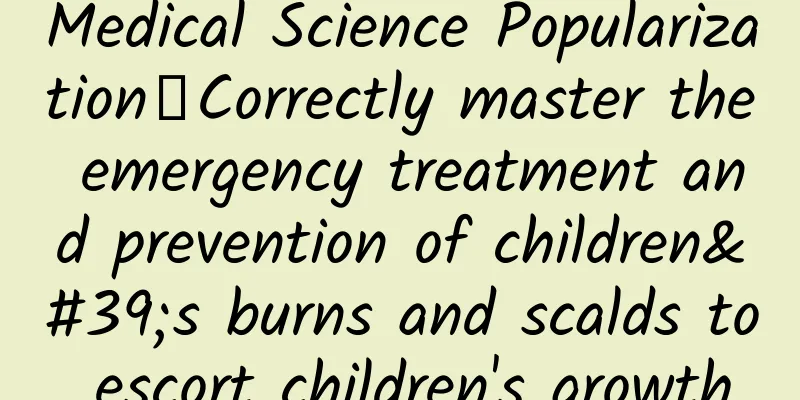Pregnant women always feel short of breath

|
Pregnant women are a group of people with relatively special physical conditions. During pregnancy, women will not only undergo great physical changes, but also have more physiological reactions. The most common reactions in pregnant women include drowsiness, vomiting, and swelling of the legs and feet in the later stages. Some women experience constant breathlessness during pregnancy. So, why do pregnant women always have difficulty breathing? Chest tightness and shortness of breath in pregnant women refers to the phenomenon that pregnant women may experience chest tightness and shortness of breath after pregnancy, and feel uncomfortable and uncomfortable when exhaling. Excluding heart problems, this is a normal phenomenon. After 28 weeks of pregnancy, as the weight of the pregnant woman continues to increase, it becomes increasingly inconvenient for her to move. Because the heart and lungs of the pregnant woman are under a double burden during pregnancy, she must absolutely avoid excessive fatigue and strenuous exercise. The cause of this breathing difficulty is often due to the increase in the size of the uterus, which presses upward on the abdominal diaphragm, thereby reducing the volume of the chest cavity, causing the pregnant woman to become short of breath and feel suffocated. First, the enlargement of the abdomen during pregnancy causes increased abdominal pressure, which affects the respiratory movement of the diaphragm and thoracic respiratory muscles; secondly, compression of the inferior vena artery and vein reduces the amount of blood returning to the heart, and the fetus's metabolic waste is discharged into the mother's blood, causing a slight imbalance of the mother's blood electrolytes, mainly mild acidosis. The growing fetus causes the diaphragm to rise, which can cause chest tightness and shortness of breath. There is no need to worry or take medication. Just improve your diet and nutrition, pay attention to rest, try to eat small meals frequently, and have regular prenatal checkups. Eat a healthy, balanced diet that provides your baby with all the necessary nutrients. Also, avoid gaining too much weight during pregnancy. Avoid eating too many foods that are high in fat, salt, and sugar, as these foods can add weight and make your breathlessness worse. Avoid dehydration by drinking plenty of water throughout the day and cutting back on caffeine and other beverages that cause you to urinate more frequently. |
<<: What's wrong with blisters on private parts?
>>: Difficulty breathing during late pregnancy
Recommend
Can I know if I have vaginal inflammation by doing urine test?
Vaginal inflammation is what we often call vagini...
Counterpoint: In Q2 2024, Unisoc will account for 13% of the global smartphone chip market
According to a report recently released by market...
Is 8mm endometrium normal?
The endometrium refers to the thickness of the en...
Case solved! We found out why boys produce too much oil
Have you noticed that boys tend to get oily easil...
What to do if you get appendicitis during your fifth month of pregnancy
The happiest thing for expectant mothers after pr...
Where do ginkgo trees grow? When do ginkgo trees bloom?
Most ginkgo plants are on the verge of extinction...
Is it normal to have a slight stomach ache one month into pregnancy?
In the early stages of pregnancy, pregnant women ...
What are the symptoms of pregnancy?
Pregnant women will experience a variety of sympt...
Do you know what the pelvic examination does?
Gynecological diseases are harmful to the health ...
Why are my nipples itchy when I am eight months pregnant?
During pregnancy, women's bodies will undergo...
Early symptoms of meningioma in women
Ladies should pay more attention to rest and phys...
Women have been farting a lot lately and it smells bad
Farting in daily life is a very embarrassing thin...
"Voice of Love" inspirational stories of cancer patients: "What do you want in the second half of your life?"
Your browser does not support the video tag She w...
How to eat wax apple properly? The efficacy and function of wax apple
Wax apples contain a lot of water and are a rare ...
Eczema: An unexpected dialogue with the skin
Eczema, a seemingly common skin disease, has brou...









